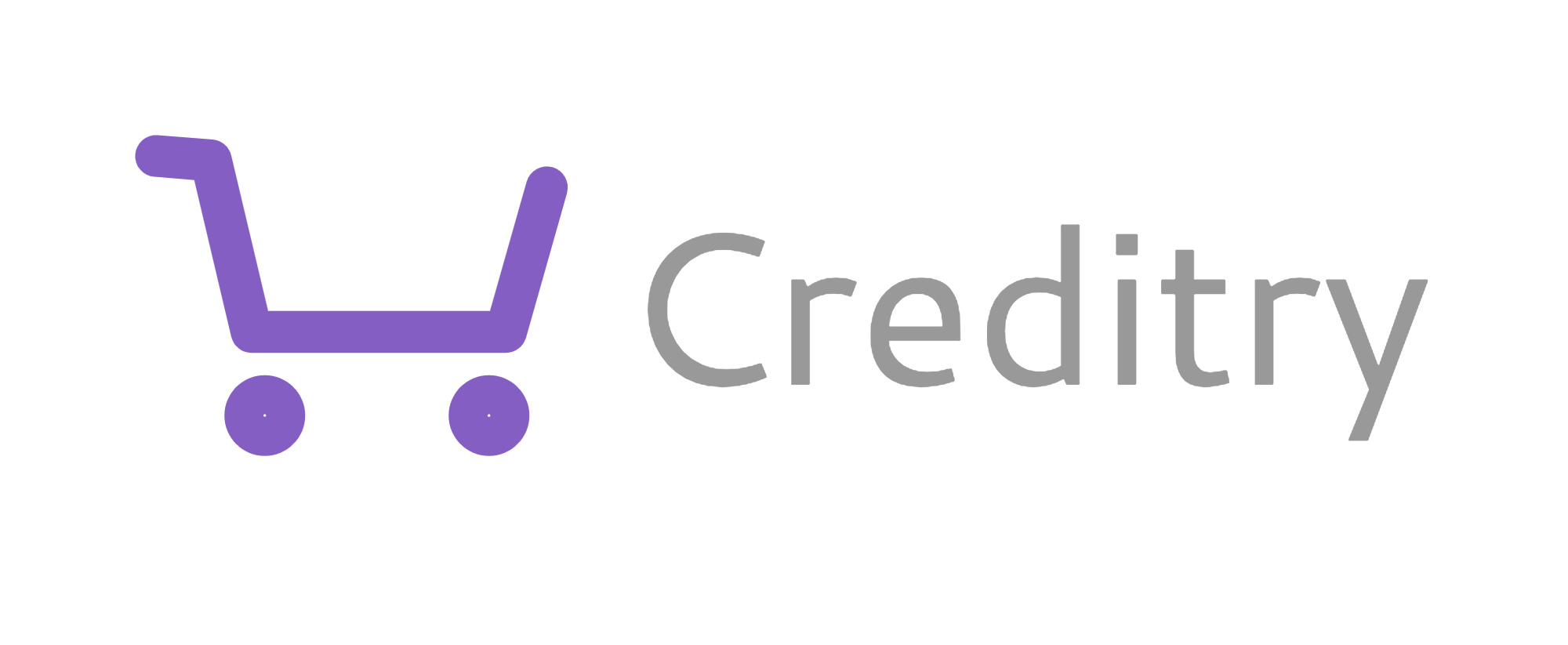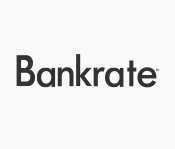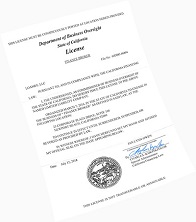Overview
One of the most common reasons people take out personal loans in recent years has been for debt consolidation. The idea of a personal loan to pay off debt is to streamline monthly obligations by reducing both the number of separate payments due each month and the overall interest and other charges being paid on total debt over time. Consolidation loans allow you to pay off multiple existing debts in full, wiping them clean and leaving positive marks on your overall credit history. In their place, you have a single monthly payment, hopefully at a lower interest rate. This means fewer bills to keep up with each month, eliminating the late charges or additional interest that comes when one or two slip through the cracks. It also means more disposable income each month, allowing you to take more control of your financial and personal life moving forward.
A bill consolidation loan is typically a personal term loan. “Personal” because you’re taking it out based on your credit score, your credit history, your current income and employment, and your assurance of repayment. The funds aren’t committed to purchasing a home or vehicle or to opening a business. A “term loan” is your most standard sort of loan. You reach an agreement with a lender to receive a lump sum up front, and you repay it over a set amount of time in regular monthly payments until the loan is paid in full. Most debt consolidation loans are “unsecured,” meaning you’re not required to put up your home or other property as collateral. In some cases, if you request particularly high amounts or have particularly poor credit, lenders may offer terms on a “secured” loan in which you agree to sign over your home or vehicles if unable to repay in full after a certain time. They may also suggest a co-signer – someone with stronger credit who agrees to share the risk with you even though you’re the one primarily responsible for repayment.
A consolidation loan to get out of debt usually carries a fixed interest rate, meaning whatever interest rate is agreed to at the beginning stays the same over the life of the loan. Some lenders will offer adjustable rate debt consolidation loans as well. These usually start off at a lower interest rate, but after a set amount of time can rise or fall based on current market averages. Whether fixed or adjustable, your interest rate will largely depend on your credit history and your current three-digit credit score. This can be intimidating for first-time borrowers, since the fact that you’re seeking a loan to get out of debt in the first place suggests that not everything has been going as well as possible financially. That doesn’t mean you should give up. Consolidation loans for bad credit are available; some loan consolidation companies online specialize in new credit, no credit, and bad credit situations. Interest rates will be higher and sometimes there are additional fees, but it’s always worth examining the details before you decide for certain one way or the other. Debt consolidation for poor credit may be difficult in the short-term, but over time it could prove to be one of the best financial decisions you could have made.
Debt consolidation loans can carry many names depending on their primary function. Because credit cards are the number one source of unmanageable debt for so many of us, you may hear lenders or others refer to credit card debt relief loans or offer special terms on an introductory credit card consolidation loan. These are the same thing, and the funds borrowed aren’t limited to paying off credit card debt. You may also come across other varieties –personal loan consolidation, payday loan consolidation, etc. If the purpose of the loan is to out of debt and the terms are generally what’s describe above, it’s a bill consolidation loan. You are, of course, welcome to call it whatever you like.
The exception is the “direct consolidation loan.” This term applies specifically to federally-backed student loans, and because they involve both student loans and the federal government, the paperwork is a bit more involved and the terms sometimes a bit more complicated. That doesn’t mean you don’t have the same chance as everyone else to get your financial life together by combining your existing debts into an easier, single payment – it just means you might bring an extra pencil to the party.














